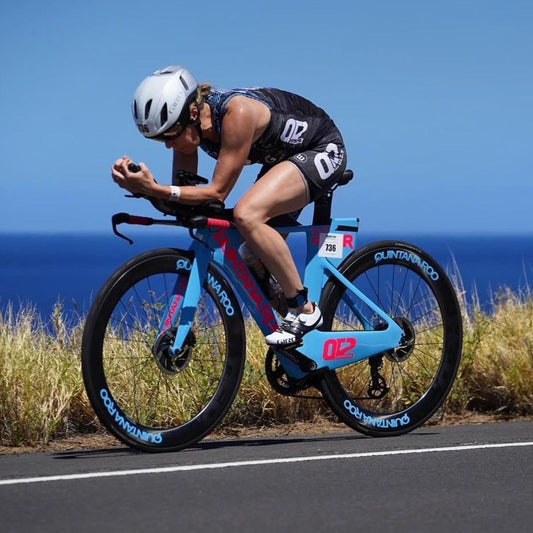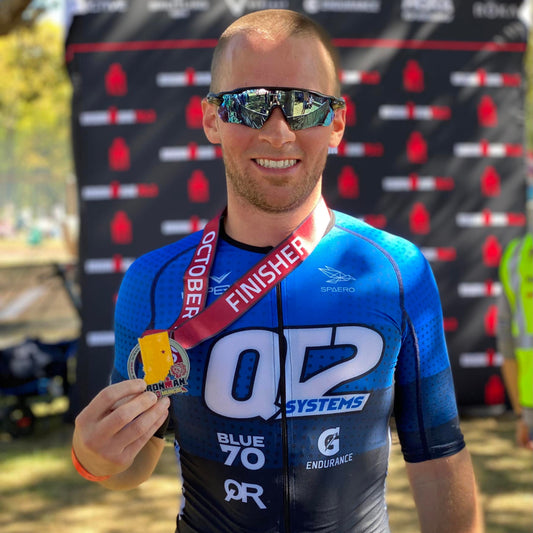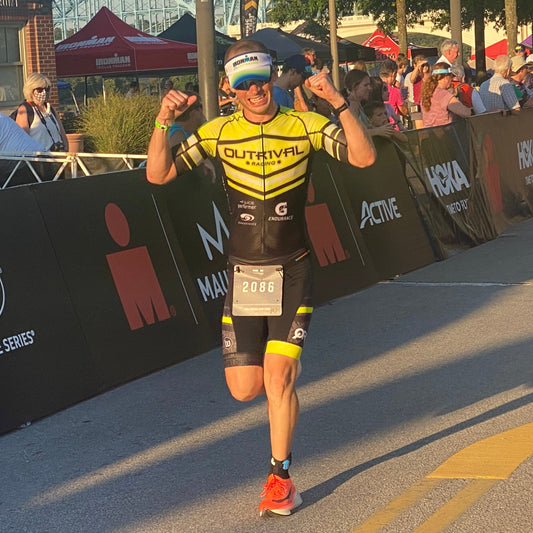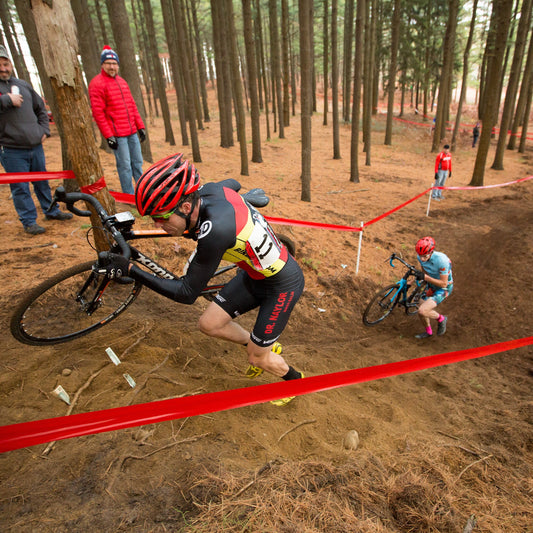Mastering the Process – Why Outcome Goals Aren’t Enough
As a Driven Competitor, you thrive on big goals and ambitious targets—whether it’s qualifying for Kona, setting a PR, or winning your age group. These outcome goals are powerful motivators, but they can also be a trap if you don’t structure your mindset correctly.
The Problem With Focusing Only on Outcome Goals
There’s a hidden flaw in obsessing over results: You don’t control them.
- You don’t control who else shows up on race day.
- You don’t control the weather.
- You don’t control a random mechanical failure on the bike.
If your motivation is entirely based on achieving a specific result, what happens if things don’t go as planned? Many high-achieving athletes fall into the "all-or-nothing" mindset, where anything short of a PR or a podium feels like failure—even if they had an incredible performance.
Process Goals: The Mindset of Champions
Instead of focusing only on results, elite athletes build their confidence around process goals—controllable actions that lead to performance gains over time.
🔹 Outcome Goal (Uncontrollable) → I want to break 10 hours in my Ironman.
🔹 Process Goal (Controllable) → I will execute my fueling plan perfectly in training and racing.
🔹 Outcome Goal (Uncontrollable) → I want to qualify for Kona.
🔹 Process Goal (Controllable) → I will nail my long ride intensity and power targets each week.
Outcome goals set your direction. Process goals keep you on track daily.
The Science Behind Process Goals
Sports psychology research shows that athletes who set process-driven goals:
✅ Experience greater confidence because they focus on what they can control.
✅ Reduce performance anxiety because they aren’t fixated on external validation.
✅ Improve consistency in training, which ultimately leads to better results.
By shifting your focus to daily execution, you’re more likely to hit your big goals without obsessing over them.









